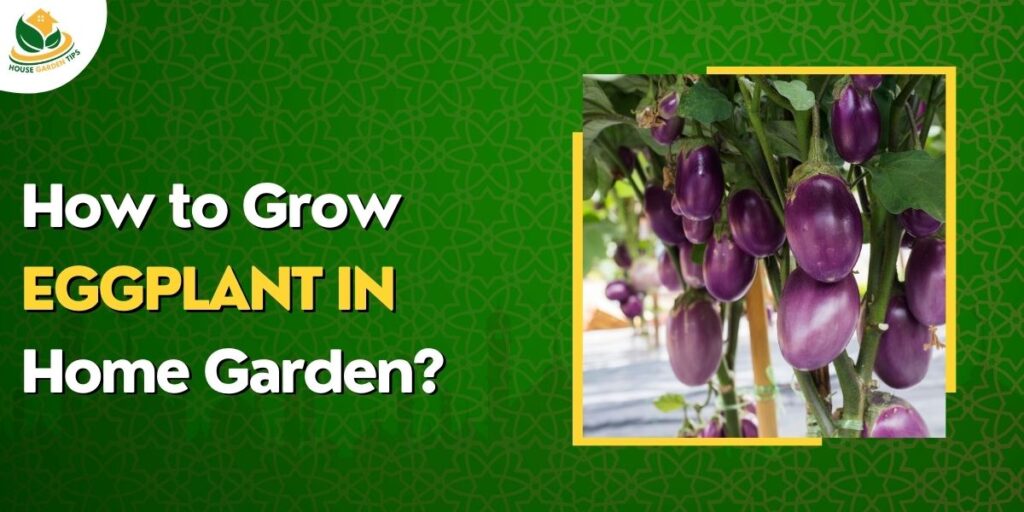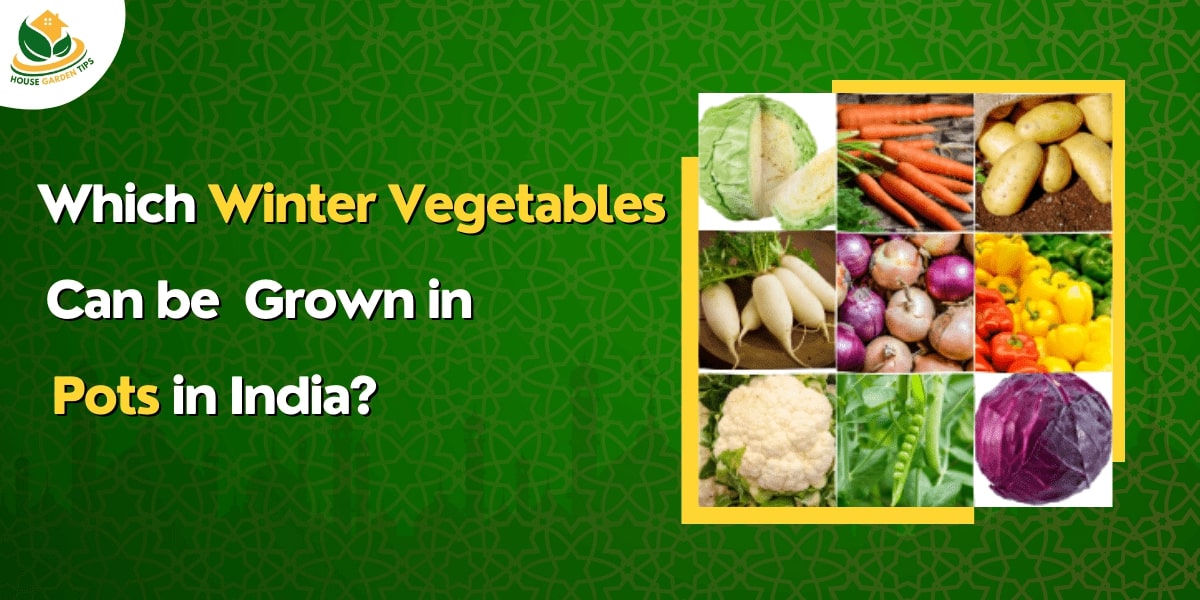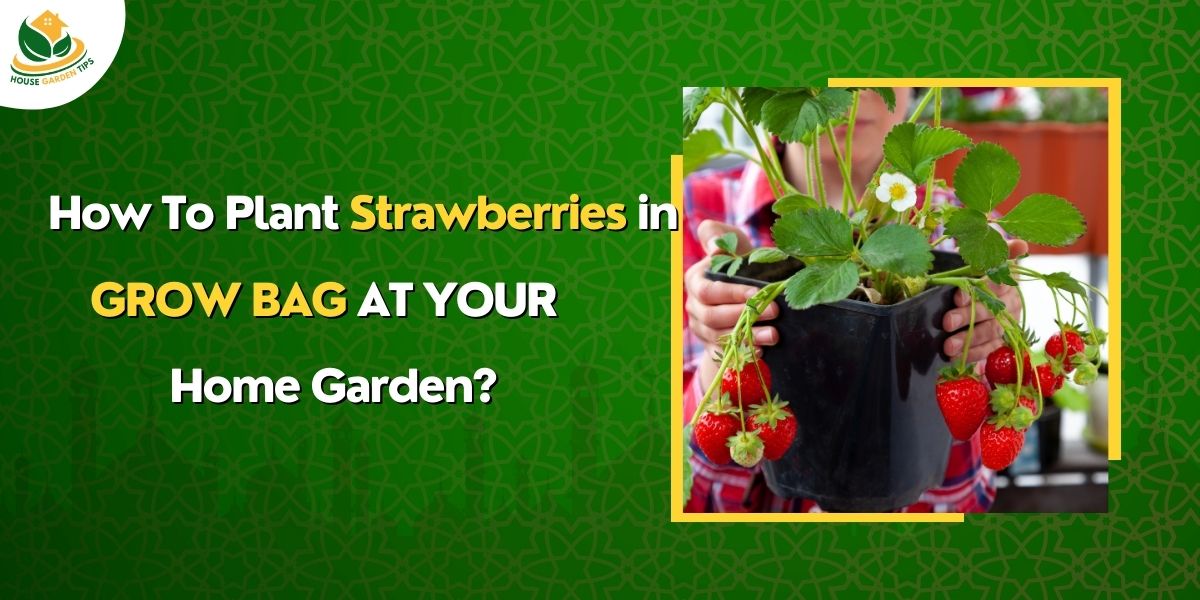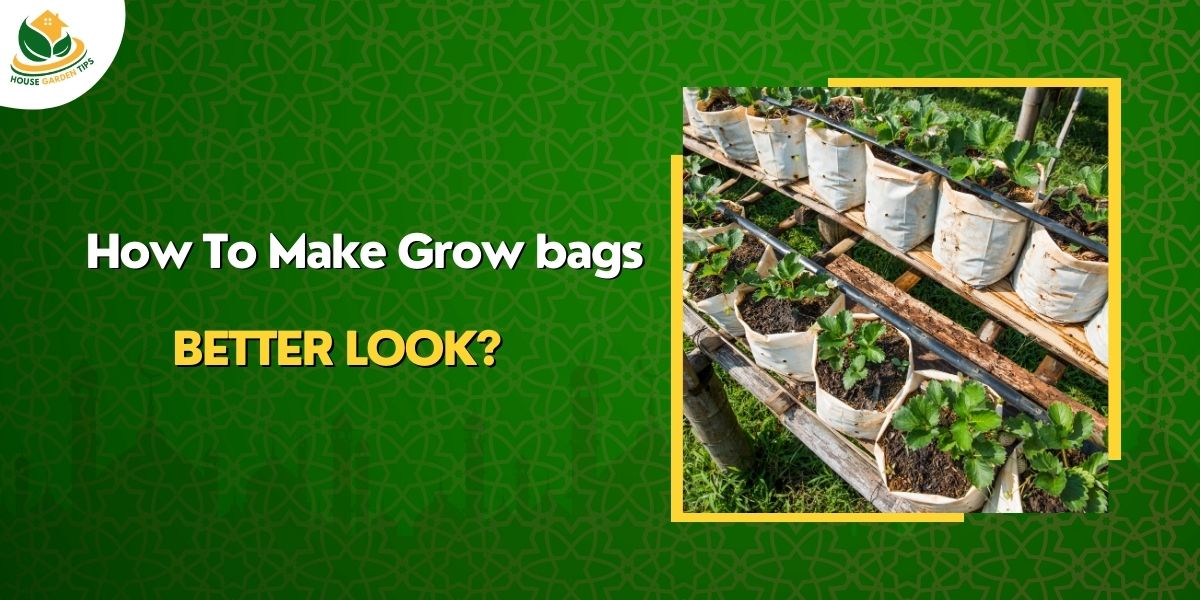Table of Contents
Introduction:
Eggplant – The most delicious versatile vegetable that can be grilled, fried and even baked. It is one of the most favorite vegetable all over the world! This warm weather vegetable from nightshade family tastes good when harvested at its young stage! Come let us know how to grow this lovely purple vegetable at your home garden!
7 easy steps to grow eggplants in a growbag
1. Growing Season for eggplants
You can start grow eggplant in your garden in July month , as they are warm-season vegetables. These plants grow well in grow bags also, as they grow in grounds if you provide nutrient rich potting mix.
2. Best Potting Mix to grow eggplant
Eggplants have long growing season and hence you should provide potting mix with rich nutrients. The potting soil should contain 60% of any organic compost like home compost or cow dung compost and 30% of vermi compost and the remaining 10% as garden soil. If you can get the bio fertilizers, you may add it to the potting soil.
You can mix a little amount of Neem oil cake powder also to the potting soil to avoid root damage and also a pinch of lime stone powder to get rid from calcium deficiency. Leave the potting mix for one or two weeks to enhance good growth . Just wet the soil n keep it moisture till the transplanting the plant.
3. Prepare eggplant Seedlings
You can start growing eggplants with nursery bought seedlings as well as by preparing it from seeds. The eggplants seeds will take more days to germinate when compared to other seeds like tomatoes.
Sow the seeds in the nursery tray , sprinkle water and place it in a shady area. It may take 8-15 days for seed germination according to the variety you are select to grow. The soil in the nursery tray should also be high nutrient content to get healthy seedlings.
You should maintain a soil temperature in the range of 24 – 30 degree Celsius. You can place the tray indoors at the seed germination time .You can also use paper cups instead of nursery trays, if you do not have it.
4. Grow Bag Size
The eggplants grow several feet height and they need much space to grow. So , you have to plant in individual pots . That is one plant in one pot/grow bag and allow it to grow smoothly. A 12 x 15 size grow will be a suitable for growing eggplants.
5. Transplant eggplant seedlings to grow bags
Here are some points to remember while transplanting your seedlings from nursery tray to grow bags.
- Allow the seedlings grow true leaves and reach 4-6 inches height. It may take 4-6 weeks time for getting the seedlings ready for transplanting.
- The Grow bag should be a bigger one, as eggplant needs more space and grow several feet in height.
- Plant your eggplant one plant per grow bag and avoid planting more than one plants.
- Spray plant boosters like fish emulsion or panchakavya solution at the time of transplanting
- Always transplant seedlings of any plant at the evening time only.
6. Complete Plant care for eggplant
Eggplants needs some more care than the other home garden vegetables like tomatoes and peppers right from the seed to harvest of the vegetables . The most common eggplant disease is “Stem Borer”. The other plant diseases like leaf spot and little leaf will also affect your eggplants. You will also face the other challenges like flower dropping as every plant may have. Follow the tips for complete plant care.
Lighting
Hence the eggplants are warm-weather vegetable, sunlight is very essential for it. Place the grow bag at the place where it gets 6-7 hours of direct sunlight.
Soil pH
The eggplant potting soil should be slightly acidic and the pH of the soil should be in the range 6.3-6.8.
Watering
Water well your eggplant to keep the soil moist. You may need to water even twice a day at the hot weather seasons. But avoid overhead watering at the earlier days after transplanting your eggplants.
Plant Boosters
Spray plant boosters like pnachakavya solution, fish emulsion solution every week for better growth.
Fertilizer for Eggplant
Fertilizing your eggplant is the essential care for your eggplants as they are heavy feeders. Though the potting soil nutrients is enough till the flowering stage, you have to provide organic fertilizers like vermi compost or any organic compost once in a week and spray plant boosters to entire plant.
Pest Control
Pest control is the main care that you take for your eggplants. At the flowering stage, you will see all the pests and insects like epilachna beetle, white fly, ash weevil ,aphid and red spider mite will attack your eggplant. The stem borer will also affect the plant.
To control the pests and insecticides by organic way,
- Spray the neem oil solution once in a week.
- Remove the affected part of the stem borer.
- Wash the leaves with soapy solution when the plant leaves covered by white fly.
- Collect the insects like epilachna beetle, grubs, pupae by your hands and destroy them.
- Place the yellow stick traps to attract the white fly.
Weed Control & Mulching
Weed control is also required for better growth as they share the soil nutrients available in the grow bag. Remove the weeds and make a 2-3 inch height layer of mulch with dry leaves or paddy straws to keep the soil temperature in correct level and get the control of weed. You may use the plastic mulch if you avail it.
Blossom Drop Control
Like every flowering plant, eggplant will also have the blossom drop problem. To control the flower drops, spray coconut butter milk solution on the flowers and leaves once in a week.
Pruning
Similar to all vegetable plants, eggplant grows best, when you do pruning. Cut the suckers , affected leaves and yellow leaves to improve the plant growth.
The Best Companion Plant for Eggplant
Growing the companion plants besides your eggplant will help your plant grow better. The flower plants like marigold will help by inviting the bees and enhance more pollinations. The companion plants leaves some essential nutrients to the soil and increase the nutrient levels of the soil. The night shade plants like tomatoes and peppers would be the best companion plants for your eggplant and you may grow them besides your eggplant.
7. Harvesting Eggplants
Eggplants will be ready for harvest with 60-70 days after transplanting to grow bags. The time to harvest the eggplant fruit may differ depending on the variety that you’re growing. The eggplant fruit is ready at the tender stage and will be in good taste and you should not allow it to overripe.
Once the harvest finished, you can replant and revive them by cutting the dry leaves and feeding them properly.
Hope these tips would guide you to grow eggplants in your home garden. Have a successful gardening!
Are eggplants and brinjal same?
You get a little confusion over the name eggplant. A question may raise as “Are eggplants and brinjals same?”.
Yes. Both are same!. In Asian countries like India , it is called as “Brinjal”. “Aubergine” and “Melongene” are the other names which also mention the vegetable Eggplant.
Eggplant Varieties and Colors
Though, purple is the commonly available color, eggplant comes in many other colors like green , white and different shades of purple and green. Some eggplant come with lines and some are plain. In India, there are many numbers of native variety of brinjal which have unique taste as well! It also comes in different shapes also.







